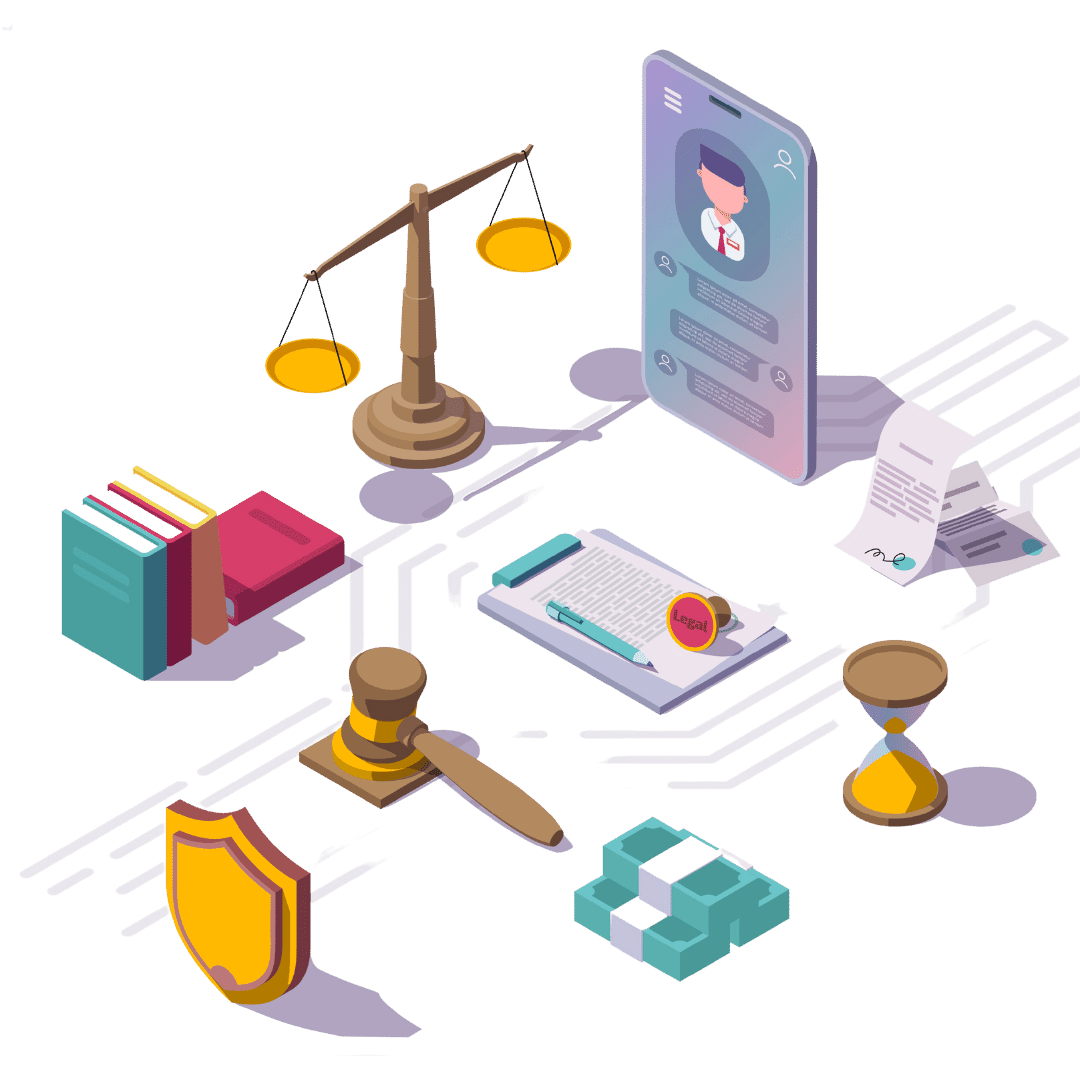Have Any Question?
Settling disputes with our online arbitration services is easy, fast, and affordable.
We look forward to answering your questions and helping you to reach conflict resolution with our online arbitration service.
Recent Posts

Addressing Payment Disputes in Construction through Arbitration
Divorce is an emotionally charged process, particularly when children are involved. Child custody disputes can become one of the most contentious aspects of a divorce, affecting not only the divorcing parties but also the well-being of the children. Divorce mediation offers a pathway to resolving

Addressing Payment Disputes in Construction through Arbitration
Payment disputes are a common issue in the construction industry, where projects often involve multiple parties and complex contracts. When disagreements arise over payment terms, delays, or non-payment, they can significantly impact project timelines and budgets. Arbitration

Arbitration vs. Courtroom Trials: A Comparative Analysis for 2024
When disputes arise in business, personal, or legal matters, the question of how to resolve them becomes paramount. In 2024, the debate between arbitration and courtroom trials continues to evolve, with each approach offering distinct advantages and disadvantages. This article explores

E-File, or electronic filing, refers to the process of submitting documents electronically to institutions such as courts, tax authorities, or government agencies. This technology-driven approach simplifies and accelerates document submission, ensuring faster processing and enhanced accuracy.

Dispute resolution encompasses various methods used to resolve conflicts between parties, ranging from informal negotiations to formal proceedings. It is crucial in fields like business, law, and personal relations to facilitate amicable solutions without resorting to litigation.
What is Alternative Dispute Resolution?
Alternative Dispute Resolution (ADR) refers to a range of processes and techniques designed to assist disputing parties in resolving their conflicts without resorting to litigation. ADR encompasses various approaches, each with its unique characteristics and benefits, aimed at facilitating a mutually satisfactory resolution in a confidential, flexible, and cost-effective manner.
Types of Alternative Dispute Resolution
At Rapid Ruling, we focus on the following primary ADR mechanisms:
Arbitration: A private dispute resolution process where a neutral third party, known as an arbitrator, makes a decision after hearing arguments and evidence from both sides. Arbitration is less formal than court proceedings and can be binding or non-binding, depending on the agreement between the parties.
Mediation: A voluntary process in which a neutral third party, the mediator, helps the disputing parties communicate and negotiate to reach a mutually acceptable agreement. The mediator does not make a decision; instead, they facilitate dialogue and understanding, allowing the parties to control the outcome of their dispute.
Online Dispute Resolution (ODR): Leveraging technology to resolve disputes, ODR is an innovative and efficient method, especially suited for the digital age. It offers the convenience of resolving disputes remotely, making it accessible to parties regardless of their geographic location.
Benefits of ADR
Confidentiality: Unlike court proceedings, which are public, ADR processes are private, preserving the confidentiality of the dispute and the resolution.
Control and Flexibility: ADR allows the parties to have more control over the resolution process, including the choice of the neutral third party and the terms of the resolution.
Cost and Time Efficiency: ADR is generally faster and less expensive than traditional litigation, saving parties valuable time and resources.
Preservation of Relationships: ADR, particularly mediation, focuses on collaboration and communication, often preserving or even strengthening relationships between the parties.
Why Choose Rapid Ruling for ADR?
Rapid Ruling stands at the forefront of ADR services, combining expertise, technology, and a client-centered approach to offer tailored resolution strategies. Whether you’re exploring Online Dispute Resolution for its unparalleled convenience or seeking the traditional paths of Arbitration and Mediation, our team is committed to guiding you through the process with professionalism and care.
Expertise: Our team consists of experienced arbitrators and mediators, skilled in navigating the complexities of various dispute types.
Innovation: We leverage cutting-edge technology in our ODR platform, ensuring a seamless and accessible dispute resolution experience.
Flexibility: Understanding that each dispute is unique, we offer customized solutions to meet the specific needs and preferences of our clients.
Conclusion
Alternative Dispute Resolution represents a modern approach to conflict resolution that aligns with the needs of today’s society—emphasizing efficiency, confidentiality, and the preservation of relationships. At Rapid Ruling, we are dedicated to providing premier ADR services that empower individuals and organizations to resolve their disputes in a manner that is both effective and dignified. Explore our services to discover how we can assist you in navigating the path to resolution.
Recent Posts

Addressing Payment Disputes in Construction through Arbitration
Divorce is an emotionally charged process, particularly when children are involved. Child custody disputes can become one of the most contentious aspects of a divorce, affecting not only the divorcing parties but also the well-being of the children. Divorce mediation offers a pathway to resolving

Addressing Payment Disputes in Construction through Arbitration
Payment disputes are a common issue in the construction industry, where projects often involve multiple parties and complex contracts. When disagreements arise over payment terms, delays, or non-payment, they can significantly impact project timelines and budgets. Arbitration

Arbitration vs. Courtroom Trials: A Comparative Analysis for 2024
When disputes arise in business, personal, or legal matters, the question of how to resolve them becomes paramount. In 2024, the debate between arbitration and courtroom trials continues to evolve, with each approach offering distinct advantages and disadvantages. This article explores

E-File, or electronic filing, refers to the process of submitting documents electronically to institutions such as courts, tax authorities, or government agencies. This technology-driven approach simplifies and accelerates document submission, ensuring faster processing and enhanced accuracy.

Dispute resolution encompasses various methods used to resolve conflicts between parties, ranging from informal negotiations to formal proceedings. It is crucial in fields like business, law, and personal relations to facilitate amicable solutions without resorting to litigation.














